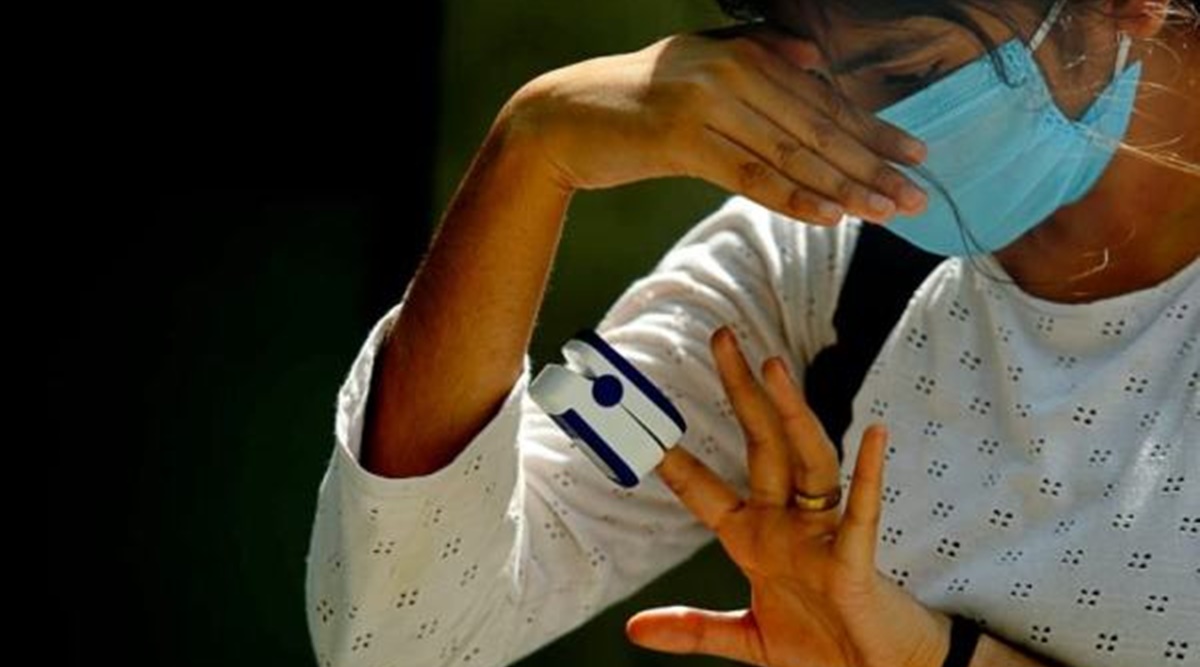The detailed account of protocol, methodology and the successful outcomes have been published in Diabetes & Metabolic Syndrome: Clinical Research & Reviews, an Elsevier journal recently.

A group from Kerala has shown how Virtual Covid In-Patient (VCIP) , a novel concept of providing `in patient’ level care at home during Covid 19 can prevent overwhelming hospitals. This new interventional home care model for Covid management has shown that among 220 patients who availed of the virtual Covid in patient facility, only two were hospitalised yielding a 99.5% success rate in preventing hospitalisations.
The detailed account of protocol, methodology and the successful outcomes have been published in Diabetes & Metabolic Syndrome: Clinical Research & Reviews, an Elsevier journal recently.
Dr Jothydev Kesavadev, Managing Director, Jothydev’s Diabetes Research Centers, Kerala said that the model described as Virtual Covid In-Patient (VCIP) care, strictly follows evidence-based recommendations on evaluation and treatment of Covid-19, but the difference is that the patient is completely treated in their own houses, by themselves and their family members.
In this protocol, those patients diagnosed with Covid-19, are provided with home monitoring devices, such as blood pressure apparatus, glucometers and thermometer. The VCIP team consists of highly trained doctors, nurses, diabetes educators, dietitians, psychologists and others. The nurses via video consultations trained the patients and the caretakers at home to use the devices themselves, especially on Continuous Glucose Monitoring (CGM) devices. In this home-based interventional model, lab investigations are also carried out, as and when required.
VCIP may be a valuable model for other providers to deliver in patient-level care in the patient’s home virtually both during the Covid 19 pandemic and in future pandemics of highly transmissible disease, Dr Jothydev said. The model has been executed and delivered from Jothydev’s Diabetes Research Centre (JDC), in Kerala under the leadership of Dr. Jothydev and out of the 220 patients who availed the VCIP facility, all 220 of them recovered. However, 2 hospitalizations were there, one, due to the impending fear of death and the other one, due to intolerance to oral corticosteroids.
“At Jothydev’s Diabetes Research Centre since September 2020, we have been practicing the virtual Covid IP care for our patients with diabetes, already enrolled in our hospital, with a 99.5% success rate. It is a fact that a smaller percentage, less than 1% require hospitalization. It is very critical to identify these patients on time and refer them to the hospital.”, he added.
In contrast to the conventional domiciliary care for Covid-19, in VCIP, corticosteroids, oral anticoagulants, injectable medications such as Low Molecular Weight Heparin, and others were given at the home itself by training the patients via WhatsApp video/ Zoom video consultations. This model is extremely cheap and economic, when compared to hospitalization and can be remotely managed with a small team of experts who can take care of hundreds of patients. However, this model can be executed only in those patients who have sufficient literacy and motivation, to monitor all the essential 5 vital parameters in their houses such as pulse rate, respiratory rate, blood pressure, temperature, and blood glucose, Dr Jothydev cautioned.
“This mode was tested in a small population and found to be successful. In addition to monitoring, administering approved therapies before the blood oxygen levels fall to critically low levels has resulted in no patients requiring oxygen or hospitalization.
The experts involved in the conceptualization and execution of the treatment involve Dr. Hari PN,Wisconsin, USA, Dr. Rebecca Vitale, Boston, USA along with other co-authors comprising doctors, nurses, dietitians ,” Dr Jothydev said.The study was presented at the Advanced Technologies & Treatments for Diabetes ATTD, Virtual (Paris) 2021 in June and also has been submitted to the Minister of Health and Family Welfare, Kerala for the evaluation of the feasibility of the concept and its emergency implementation to improve the access to health care during a pandemic like Covid.
Source: Read Full Article
